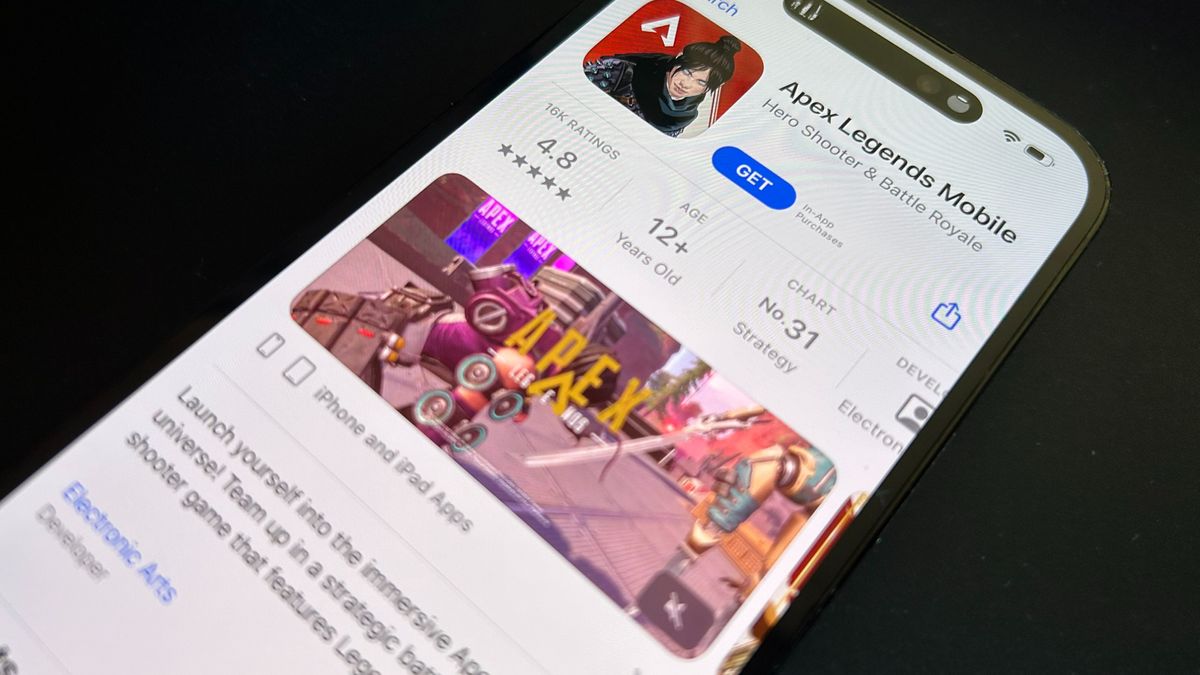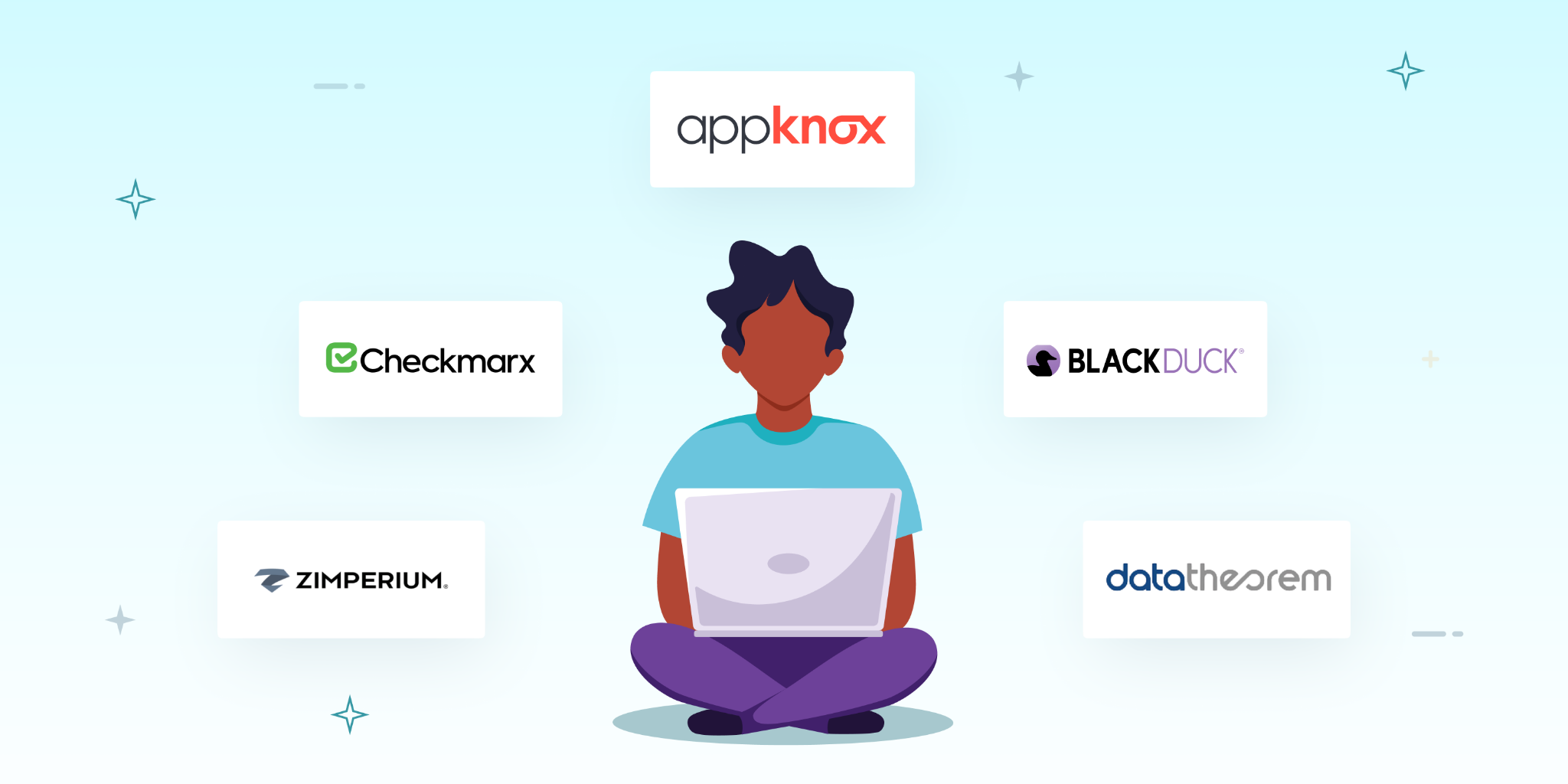A new report claims the Justice Department has “ramped up work in recent months” on drafting an antitrust complaint against Apple over the way it runs its App Store on devices like the iPhone 14, and its other best iPhones and iPads.
According to WSJ (opens in new tab) “enforcers have escalated their efforts in recent months, with more litigators now assigned to the case and new requests for documents and consultations with companies involved.”
The investigation is examining whether Apple’s App Store policies, such as not allowing alternative app stores and sideloading (installing apps from the web), are anti-competitive. It is also accused of favoring its own apps over offerings from other developers.
Ongoing antitrust battle
The investigation is one of several ongoing antitrust storms Apple finds itself battling. Notably, Epic Games sued the company in 2020 over a dispute around using alternative in-app payment methods that bypass Apple’s own in-app purchasing system, depriving the company of its commission rate, which ranges from 15-30%.
A report in December claimed that Apple is preparing to allow third-party app stores on the iPhone, marking a drastic shift in the way the company handles software distribution on iPhone. Such a move could allow companies like Meta (Facebook, WhatsApp, Instagram), Google, Epic Games (Fortnite), and others to have their own app stores on the iPhone to rival Apple’s own App Store, which is currently the only place you can buy and install software.
These stores could have different rules and regulations regarding content and payments. However, these changes are apparently in anticipation of impending EU legislation, and so may only go into effect in Europe. This is reflective of how Apple has resisted legislation and policy changes up to now, only making the bare minimum changes necessary as required by lawmakers. Notably, the company has been forced to offer third-party payments in South Korea and the Netherlands. The latter caused controversy when the company revealed it still planned to collect nearly the same amount of commission (27% instead of 30%) on transactions even if they didn’t go through Apple’s in-app purchasing system. The company has made it clear it still plans to collect commission on all such transactions, as confirmed by Tim Cook during the Epic Games trial.





















Discussion about this post